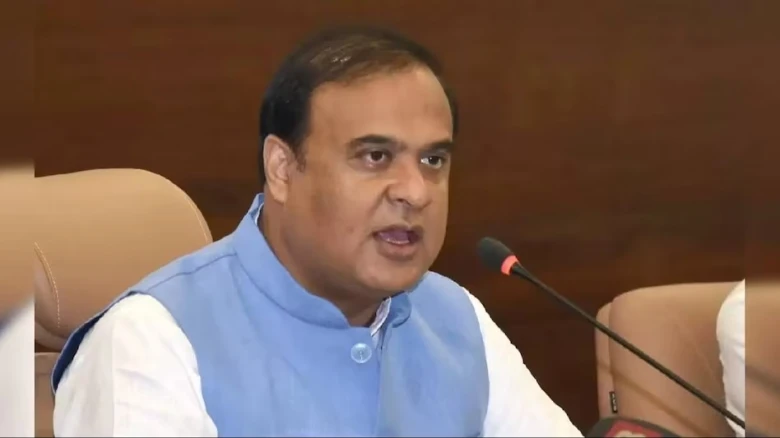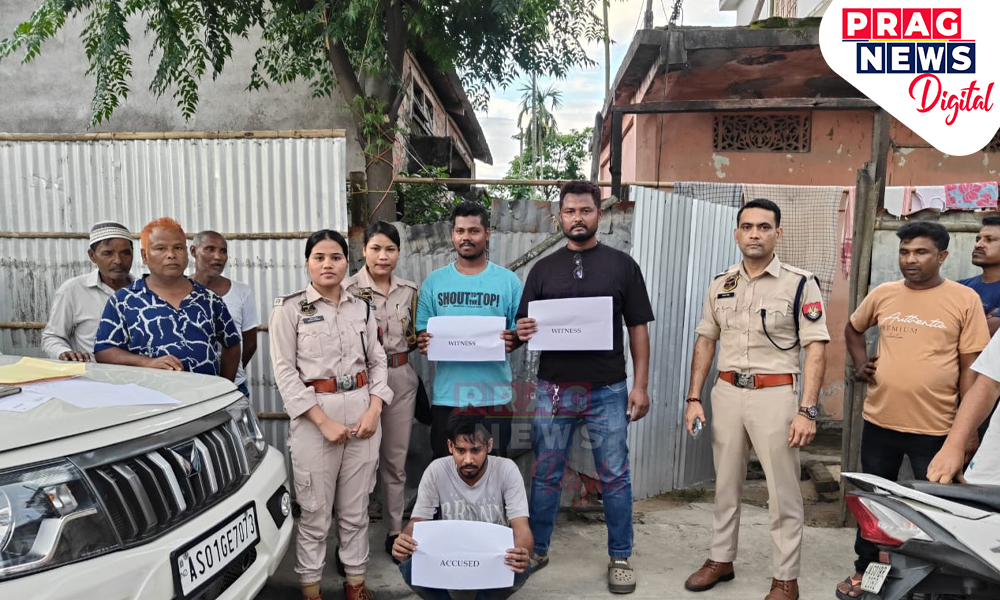India emerged as the second-highest contributor to the cancer crisis in Asia...
Digital Desk: India grappled with a staggering cancer burden in 2019, as revealed by a Lancet study published in The Lancet Regional Health Southeast Asia journal. With approximately 12 lakh new cancer cases and 9.3 lakh deaths, India emerged as the second-highest contributor to the cancer crisis in Asia.
The study, conducted by an international team of researchers, including experts from the National Institute of Technology Kurukshetra and All India Institute of Medical Sciences (AIIMS) in Jodhpur and Bathinda, compared cancer data across 49 Asian countries from 1990 to 2019.
The study underscored India's significant role, alongside China and Japan, in the escalating cases of cancer in Asia, where a staggering 94 lakh new cases and 56 lakh deaths were reported in 2019.
China led the numbers with 48 lakh new cases and 27 lakh deaths, while Japan reported 9 lakh new cases and 4.4 lakh deaths.
Among the key findings, tracheal, bronchus, and lung (TBL) cancer emerged as the predominant cancer in Asia, causing an estimated 13 lakh cases and 12 lakh deaths. Cervical cancer ranked high among women, emphasizing the importance of the human papillomavirus (HPV) vaccine in preventing this type of cancer.
The study identified smoking, alcohol consumption, and ambient particulate matter pollution as dominant risk factors for cancer across Asia. Particularly concerning was the rising cancer burden due to increasing ambient air pollution, especially in countries like India, Nepal, Qatar, Bangladesh, and Pakistan, where high levels of ambient particulate matter were observed.
Smokeless tobacco (SMT) consumption, including products like khaini, gutka, betel quid, and paan masala, contributed significantly to oral cancers. In 2019, India alone accounted for 32.9% of global deaths and 28.1% of new cases of lip and oral cavity cancer.
The study highlighted the need to address factors contributing to the surge in cancer cases, including industrial growth, urbanization, migration, and increased motor vehicle usage. The researchers emphasized that improved water and sanitation could help reduce the transmission of Helicobacter pylori, potentially lowering the risk of stomach cancer.
A common pattern of decreasing cancer burden in younger age groups and increasing cancer burden associated with longer life expectancy was noted as countries underwent development.
The study advocated for timely cancer screening and treatment availability, especially in low and medium-income countries where oncologic infrastructure is often scarce or unaffordable. Cost-effectiveness and coverage of treatment expenses were emphasized to combat the rising cancer crisis in India and across Asia.




















